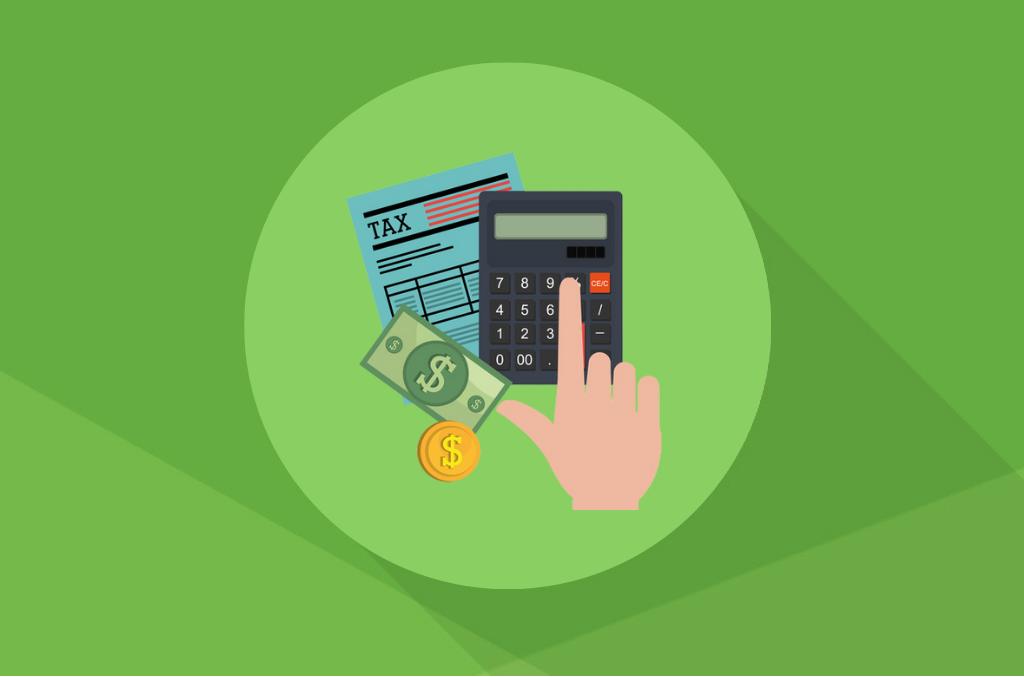Buying your first home will likely be the biggest financial commitment you’ll make in a lifetime, so it pays to be aware of any help that is available to take the edge off. At the same time, it pays to know what the big picture looks like if you choose to take up the help.
As part of the 2022-23 Budget, the NSW Government announced that first home buyers purchasing properties up to $1.5m will be provided the option to pay annual property tax instead of transfer duty (formerly known as Stamp Duty).
The property tax will only be payable by first home buyers who choose it, and will not apply to subsequent purchasers of a property.
Depending on how much deposit you have and your income situation, opting to pay property tax every year over a one-off duty transfer, maybe more of a hindrance than a help.
Let’s look at a few scenarios.
Example 1:
A couple with 2 dependents and no debts spending around $4,500 per month in living expenses and earning $75k p.a. each, could borrow up to $900k depending on the lender and other circumstances with the current duty transfer rules.
With a $150k deposit, this would get a purchase of approx. $1m if paying duty transfer upfront.
If opting for the land tax option though, where there is an ongoing payment being included in the calculations, the maximum loan amount would reduce to around $840k, which reduces the purchase price to around $990k.
This is only a very small decrease, but the biggest change would be the mortgage insurance, which could be up to $20k or so normally, plus potentially a cheaper rate, but with the land tax option the loan is reduced to 85%, and some lenders are not charging mortgage insurance at all at this level.
Example 2:
The same couple, but with a $100k deposit instead will find that the lender selection is extremely scarce which results in a much higher rate and therefore lower affordability. As an estimate, it would reduce the maximum loan down to around $715k, although at that level the percentage being borrowed is lower anyway, so better rates will be available and the mortgage insurance lower.
Current duty transfer rules would enable a property purchase of around $800k, whereas if these borrowers opted for land tax instead, a purchase of around $940k could be doable.
In both examples, the overall costs would be much lower in the short term (lower mortgage insurance, potentially a lower rate), and example 2 will enable a much higher purchase price. The thing to keep in mind though is that the land tax could end up being more expensive in the long run depending on how long you hold your property, so it’s important to factor this into your decision
Although this initiative will help lower the up-front costs of home purchases and help to boost the rate of home ownership, it does not help or address the shortage of supply, which is hindering house affordability.
